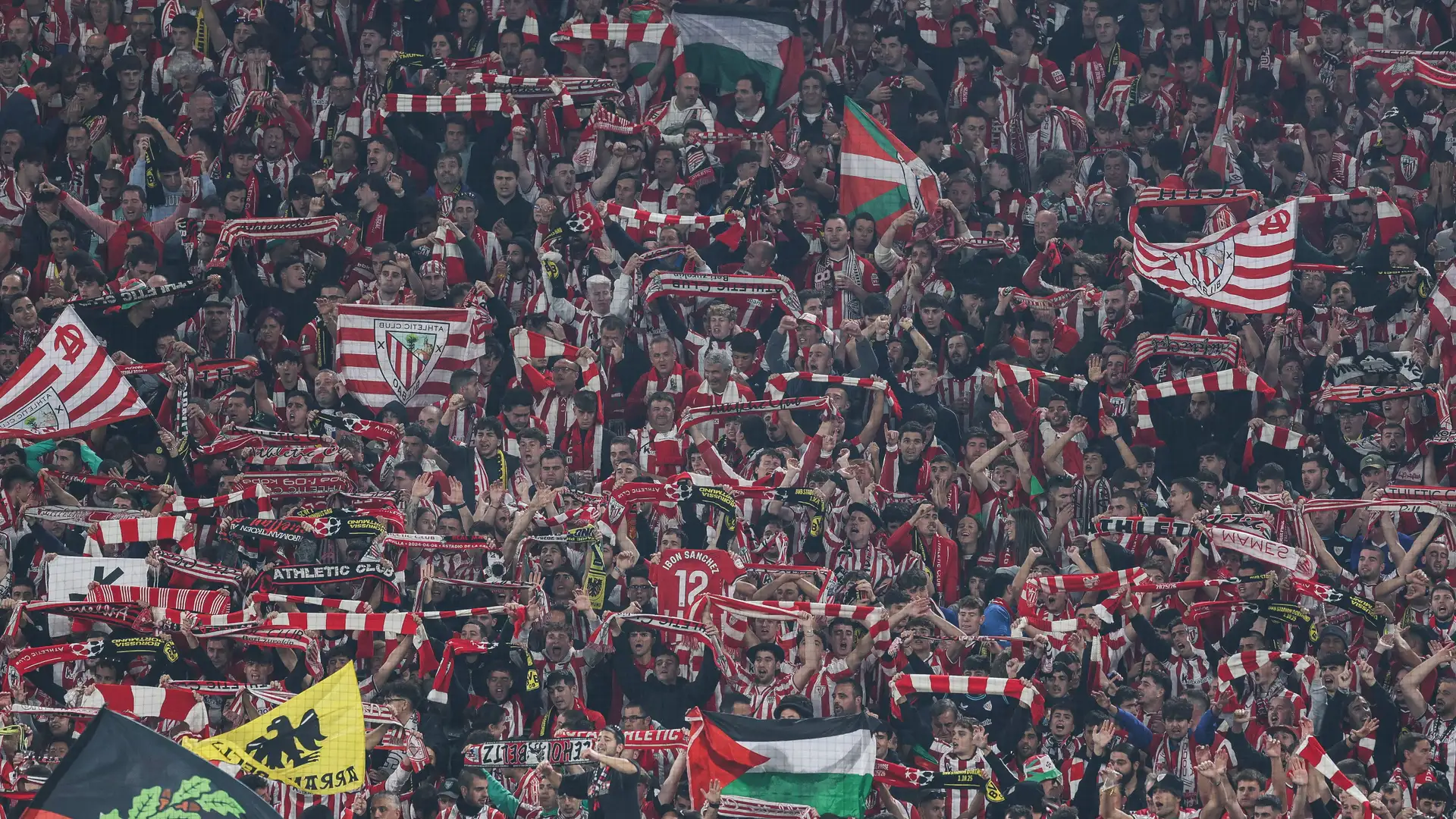
Athletic Club Plan Special Show of Support for Palestine Before La Liga Clash as Basque Club Issue ‘Stop the Genocide’ Call
San Mamés Set for a Powerful Message
When Athletic Club walk out at San Mamés on Saturday evening, football will only be part of the story. The Basque giants, famous for their tradition of local identity and political expression, will use their La Liga fixture against Mallorca to deliver a striking display of solidarity with Palestine.
The club has confirmed a special pre-match ceremony featuring honoured guests, public recognition of Palestinian voices, and a direct message that will be broadcast across the stadium and television screens: “Athletic Palestinaren alde. Stop genozidioa.” (Athletic stands with Palestine. Stop the genocide.)
For a club steeped in history, resistance, and social conscience, it is another reminder that football in Bilbao is never just about what happens on the pitch.
Athletic’s Gesture for Palestine
In an official statement, Athletic explained that the pre-match show of support was not a one-off publicity stunt, but part of a broader collaboration with humanitarian organisations.
The club’s words were unflinching: “The stadium’s video scoreboards will display the message that the Athletic Club Foundation wants to send to the Palestinian refugee community.” The choice of language — stop the genocide — signals a bold stance at a time when many clubs avoid political declarations.
Athletic have always been different. From their Basque-only player policy to their involvement in cultural initiatives beyond football, they have long positioned themselves as a club with a conscience. This latest act, organisers insist, is about using their platform to shed light on the plight of communities often forgotten in the global game.
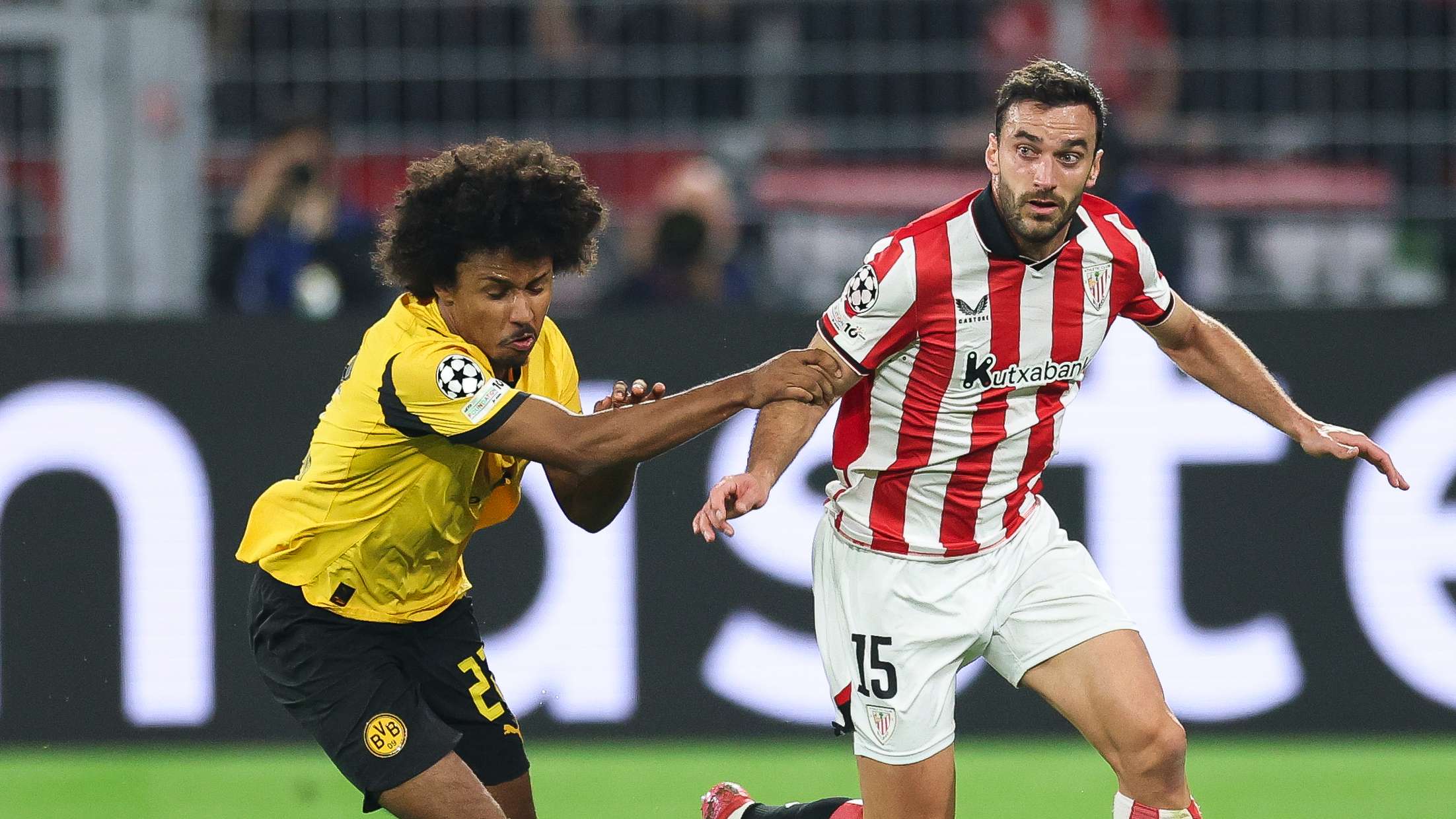
Borussia Dortmund v Athletic Club – UEFA Champions League 2025/26 League Phase MD2
Pre-Match Ceremony to Feature Special Guests
The emotional centrepiece of the evening will come before the first whistle.
Walking onto the San Mamés pitch will be Honey Thaljieh, a pioneering figure in Palestinian football. Thaljieh, co-founder and former captain of the Palestinian women’s national team, has spent her career advocating for representation, equality, and visibility for Palestinian athletes. She is also one of the official ambassadors for Athletic’s 125th anniversary celebrations, making her presence both symbolic and deeply personal.
Alongside her will be a group of eleven Palestinian refugees now residing in the Basque Country, as well as representatives from UNRWA, the United Nations agency responsible for Palestinian refugees. Athletic have called on their supporters to welcome them with a standing ovation, turning San Mamés into a stage of solidarity.
It is expected to be a moving moment, blending the local traditions of Basque hospitality with the global struggles of those displaced by conflict.
‘Stop the Genocide’ Message to Be Displayed at San Mamés
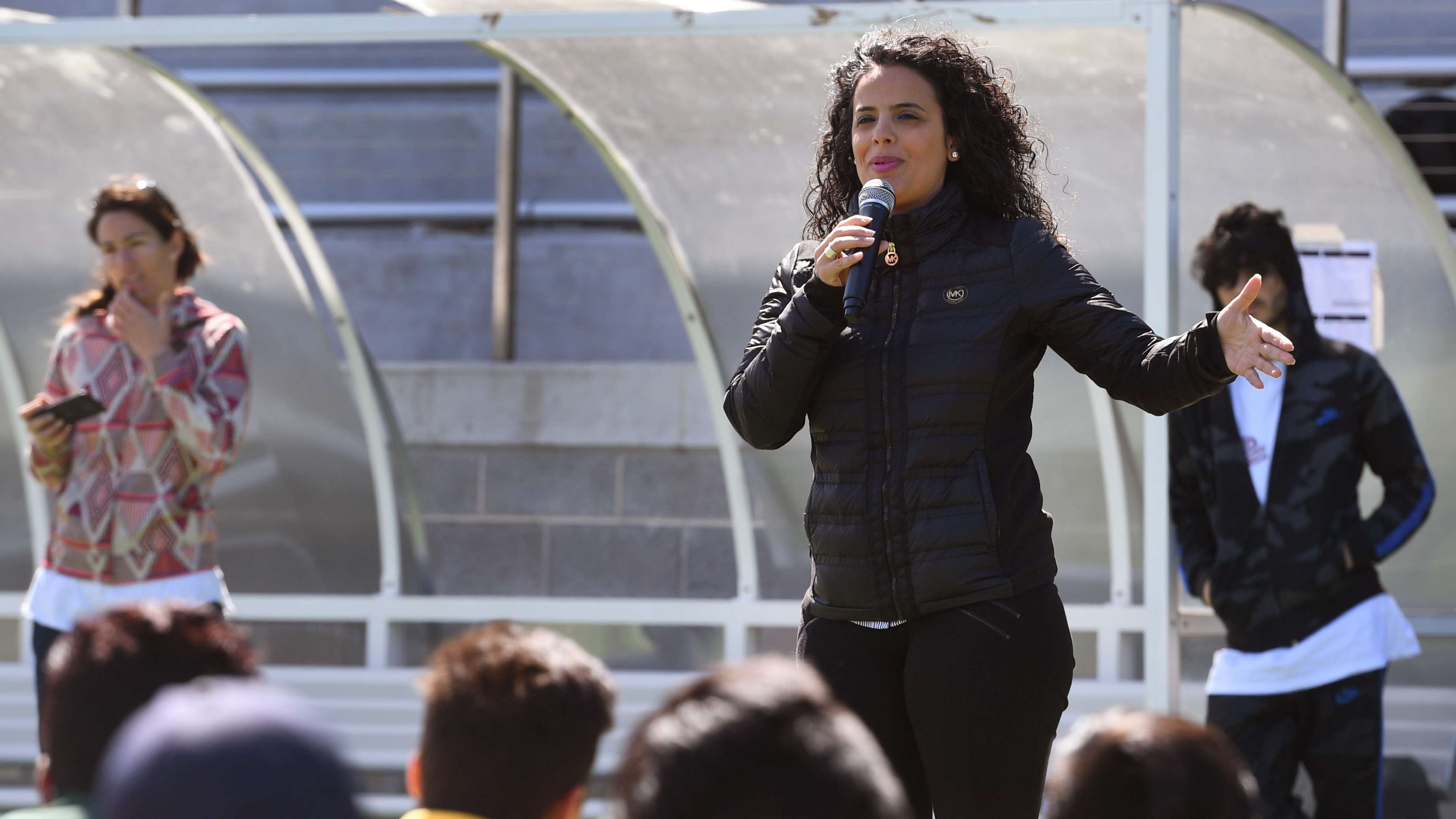
FBL-AUS-REFUGEE-IMMIGRATION
In football, symbolism often carries as much weight as words. Athletic’s decision to use the giant video scoreboards inside San Mamés is deliberate. The message will not only reach the 53,000 fans inside the stadium, but also millions of viewers watching on television across Spain and beyond.
While other clubs might have opted for vague slogans or safe wording, Athletic’s explicit call — “Stop the genocide” — is likely to spark debate far outside Bilbao.
For many fans, it will be a moment of pride, a sign that their club refuses to remain silent. For critics, it may be viewed as crossing the blurred line between sport and politics. Either way, it will underline once again that Athletic are unafraid to stand apart from the mainstream.
Initiative Part of Wider Collaboration with UNRWA
The matchday ceremony is not a standalone gesture. It forms part of a wider project launched in October between the Athletic Club Foundation and UNRWA Euskadi.
The initiative focuses on providing support for around 8,000 Palestinian refugee children in Syria, offering them access to physical education classes across 16 schools run by UNRWA. Athletic have framed the partnership as an extension of their commitment to education, sport, and community development — values embedded in the club’s identity.
In addition to Saturday’s events, Athletic will also host Thaljieh for a discussion session during the Thinking Football Film Festival, where the project will be formally presented to the media. By linking cultural programmes with direct humanitarian support, Athletic are attempting to show that their solidarity is more than symbolic.
Athletic Club’s History of Social Conscience
To understand why Athletic are leading such an initiative, you have to look at their history.
The Basque club have always viewed football as inseparable from cultural and political identity. Their famous cantera policy — selecting only players born or trained in the Basque region — is rooted not in exclusion, but in a desire to protect and celebrate their community’s traditions.
Over the decades, San Mamés has become more than a stadium; it is a site of expression, protest, and pride. During the Franco era, when Basque symbols and language were suppressed, Athletic represented a form of defiance. That legacy remains alive today, shaping how the club approaches modern causes.
Supporting Palestine, then, fits into a longer story of standing with communities under pressure, and using football’s global visibility as a platform.
What Next for Athletic Club on the Pitch?
After the powerful pre-match scenes, the focus will inevitably shift back to football. Athletic sit 10th in La Liga, and while European places are not out of reach, consistency has been their main challenge.
Their opponents, Mallorca, arrive in Bilbao languishing in 19th place, desperate to claw their way out of the relegation zone. For Athletic, it represents a strong opportunity to collect three points in front of their home crowd.
Hansi Flick’s side — built around young Basque talents and seasoned campaigners — will be expected to dominate. The task for the players will be to balance the emotional weight of the ceremony with the cold demands of the league table.
Football, Politics, and the Global Stage
Athletic’s choice to hold a Palestine solidarity ceremony raises broader questions about the role of football clubs in political debates. Some argue that sport should remain neutral, a space for escape. Others, particularly in communities like Bilbao, see football as inseparable from the struggles of everyday life.
What is undeniable is that Athletic’s gesture will resonate far beyond the Basque Country. For Palestinian refugees, it represents visibility. For Basque supporters, it continues a tradition of resistance and solidarity. For neutral observers, it will prompt reflection on how clubs use their influence.
Conclusion: A Night Beyond Football
On Saturday, when the floodlights of San Mamés glow and the red-and-white shirts line up against Mallorca, the match will be about more than points in La Liga.
It will be about a club refusing to remain silent, about solidarity crossing borders, and about football’s ability to amplify voices that too often go unheard.
For Athletic, the phrase “Stop the genocide” is not a political gamble but a moral statement. For their supporters, applauding Palestinian guests on the San Mamés turf will be a reminder that football is not just about winning — it’s about standing for something bigger.
Whether you agree or disagree with clubs taking such a stance, one thing is certain: Athletic Club’s gesture will make headlines across Spain and beyond. And once again, Bilbao will show the world that in football, as in life, some matches are played off the pitch as much as on it.

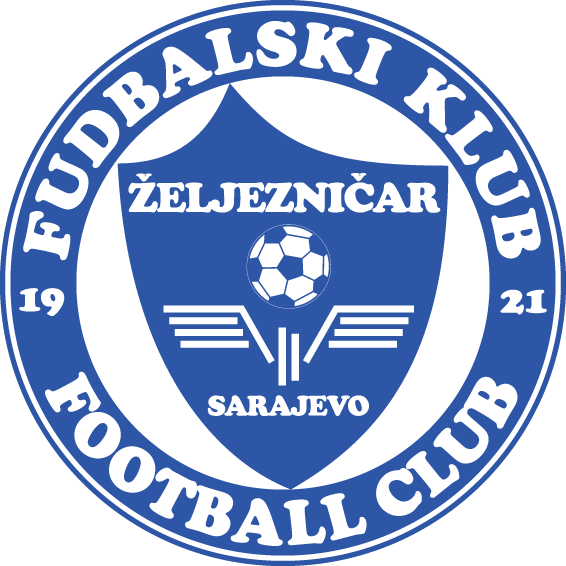
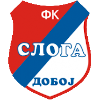
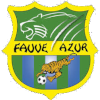
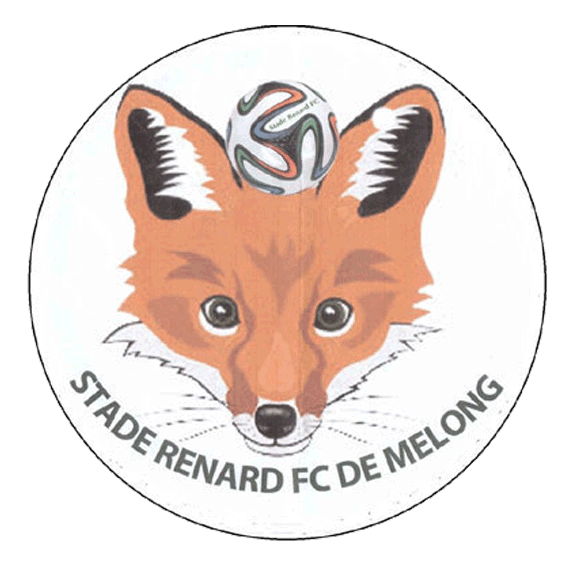
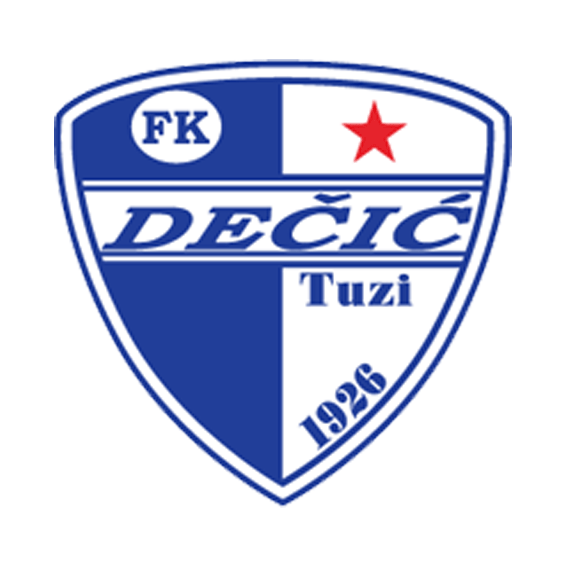
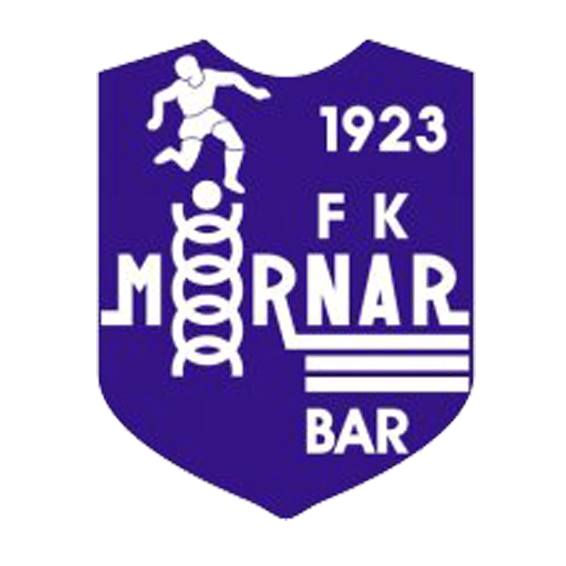

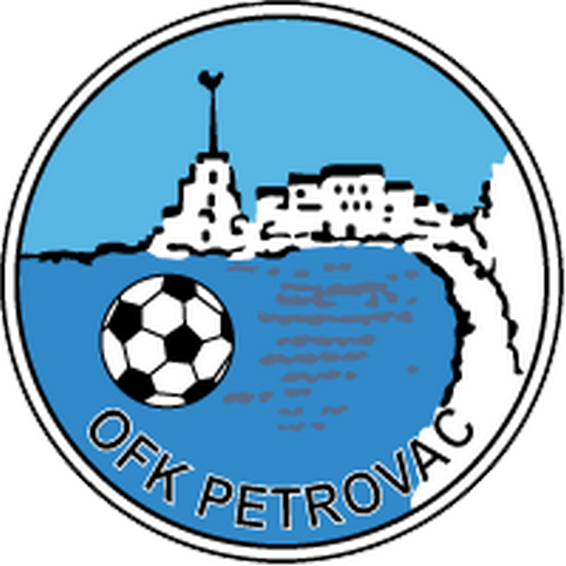
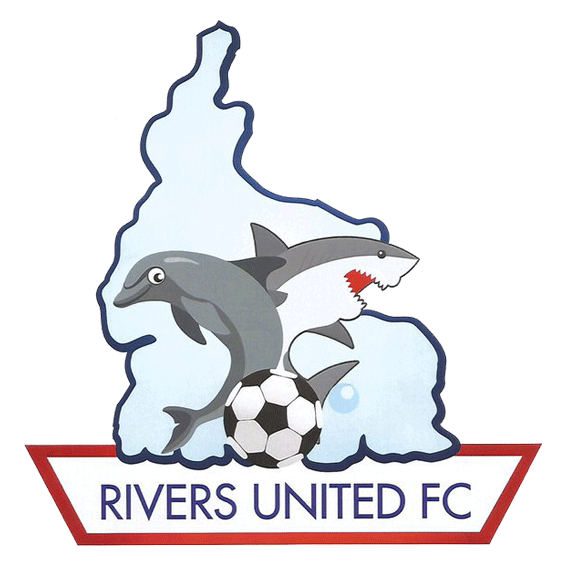

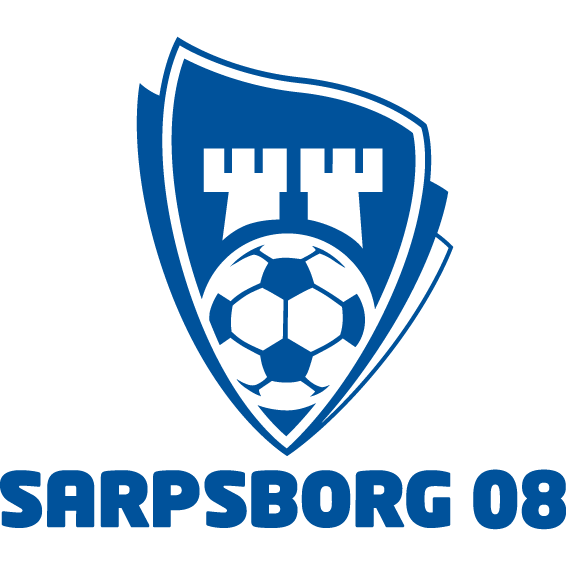



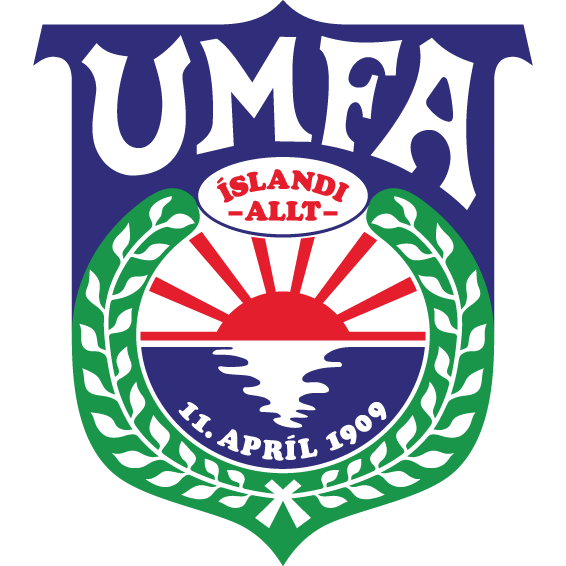
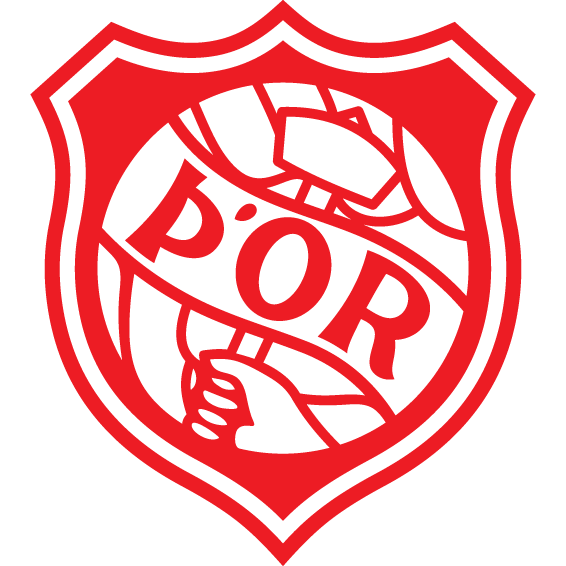
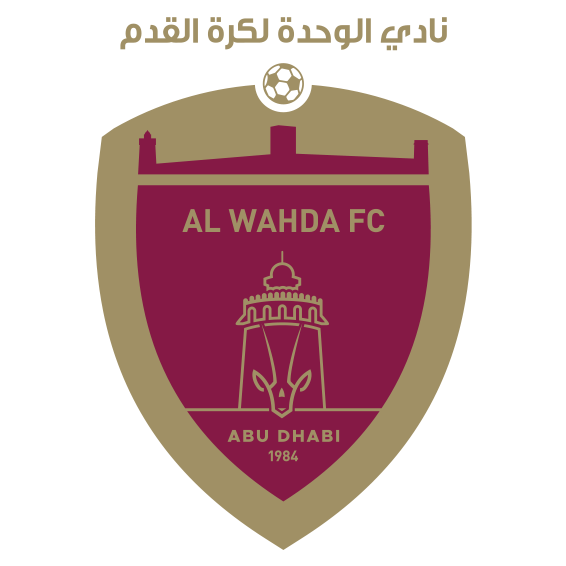
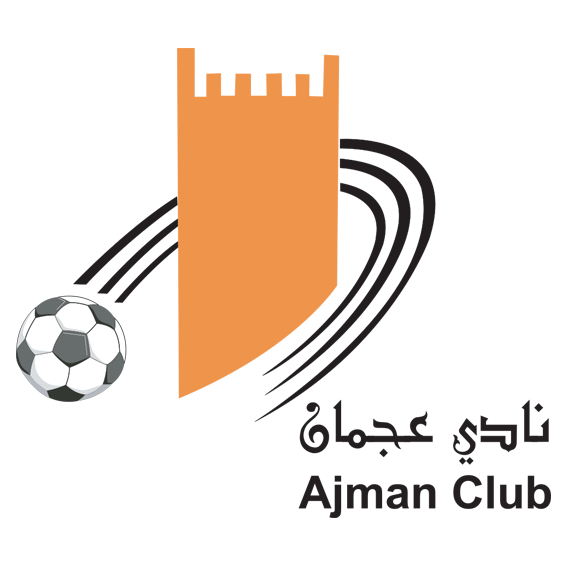
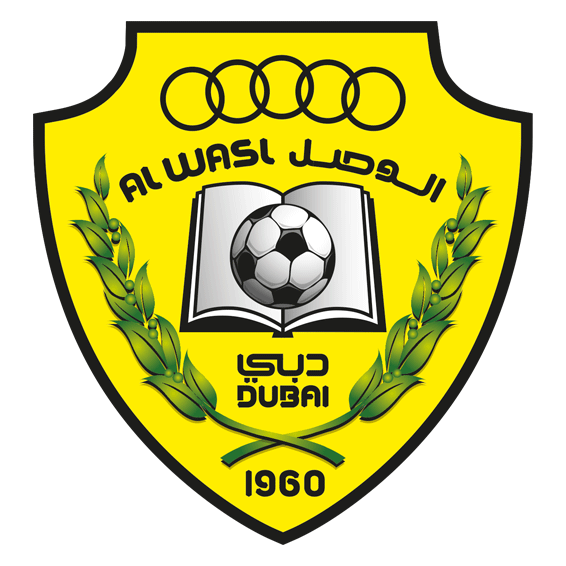
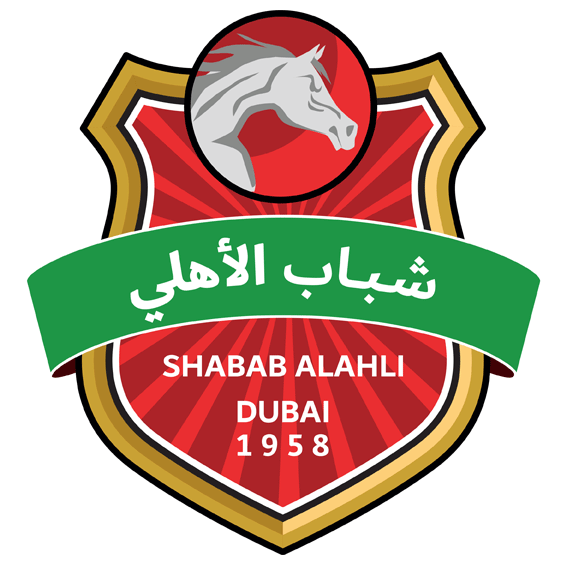
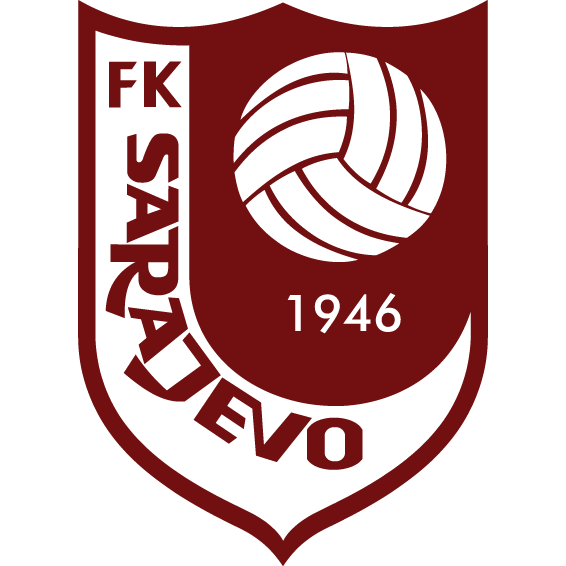
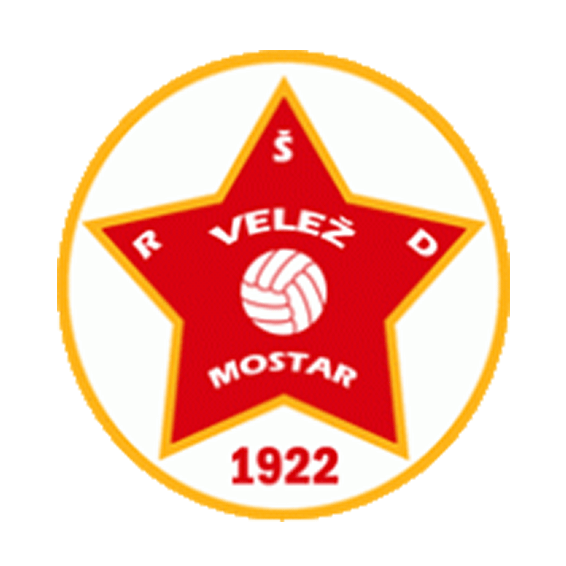
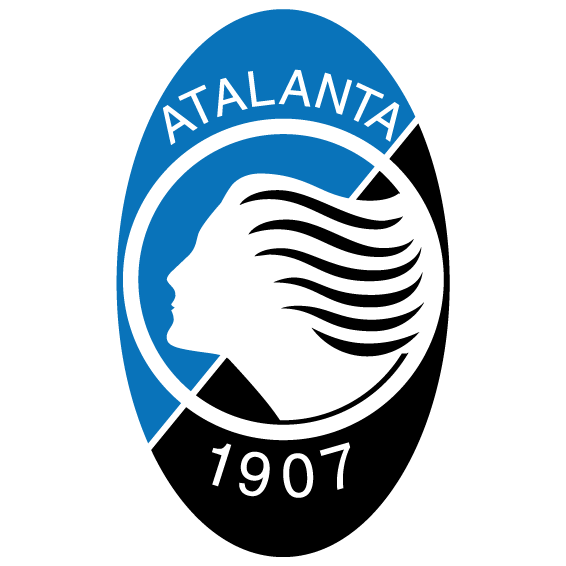
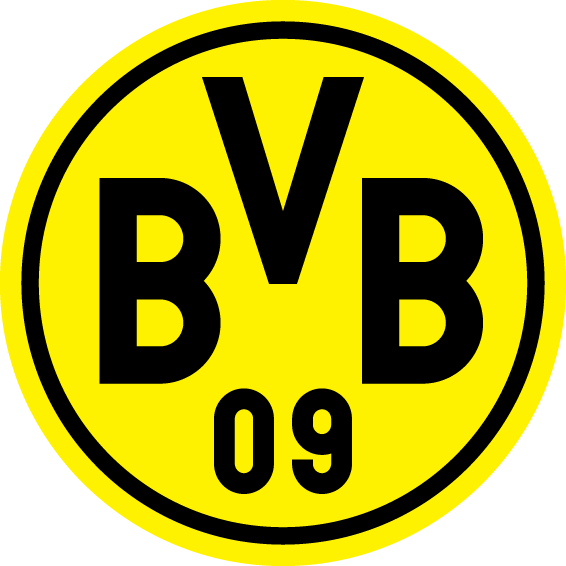
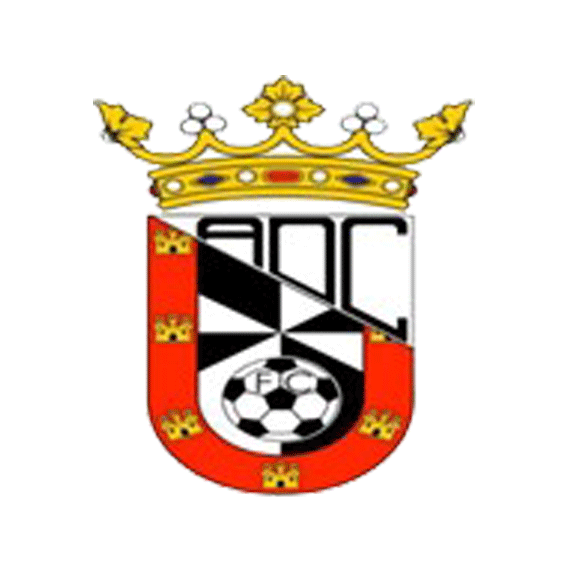
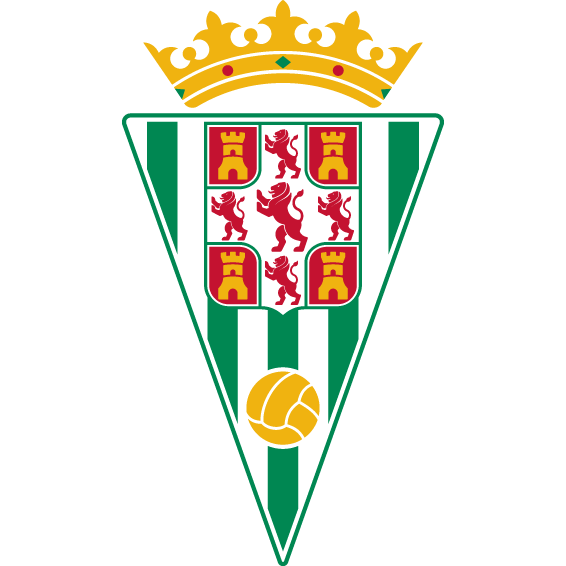
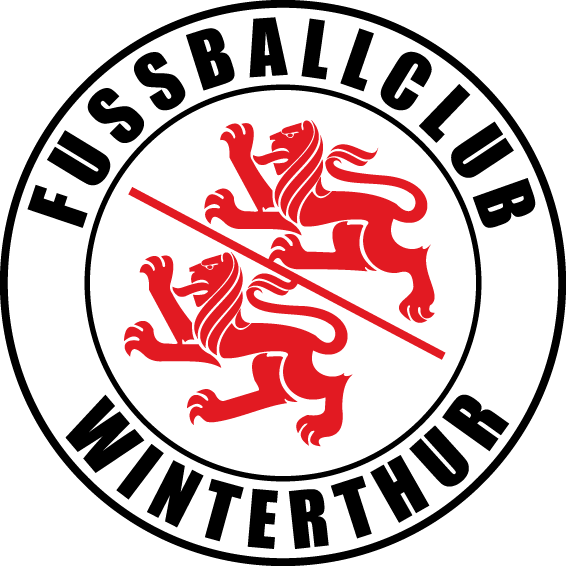
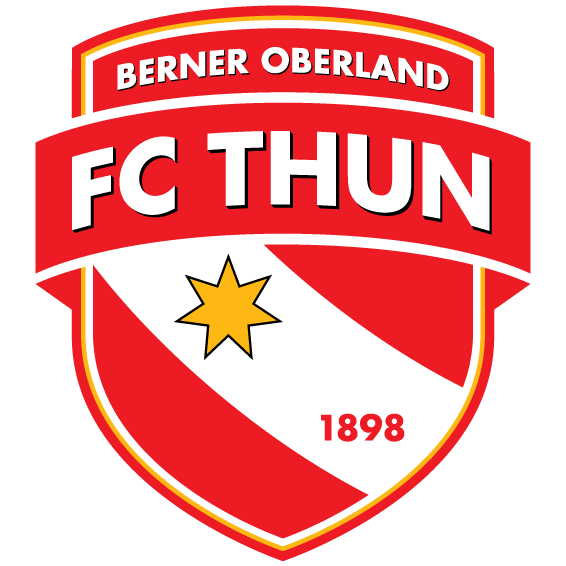

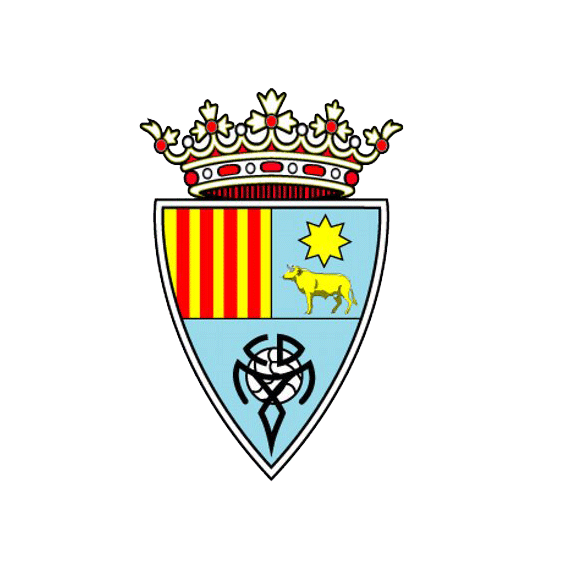
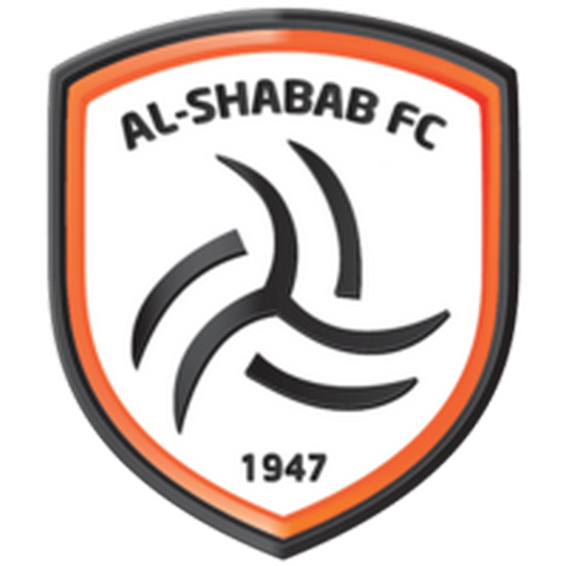
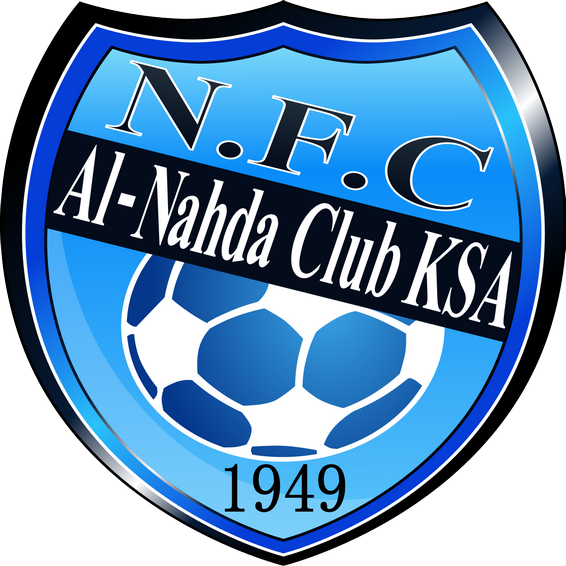
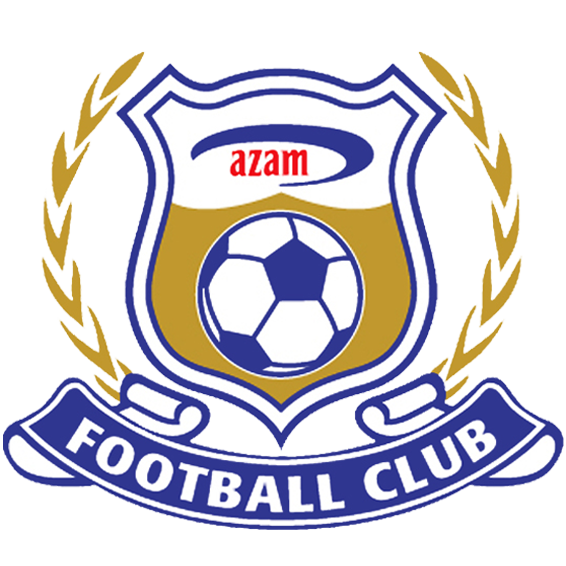

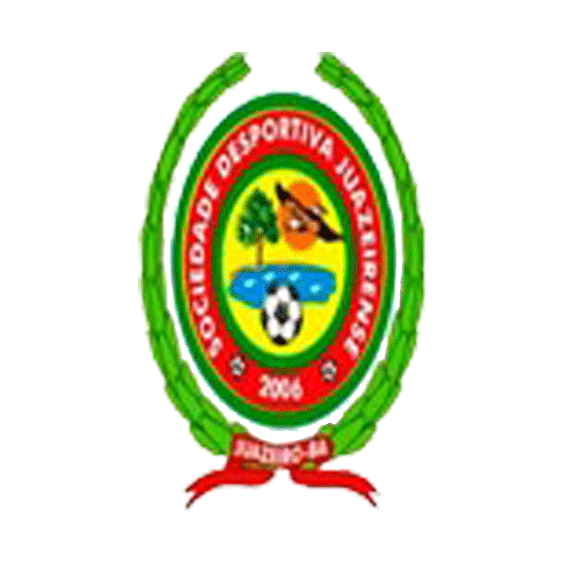
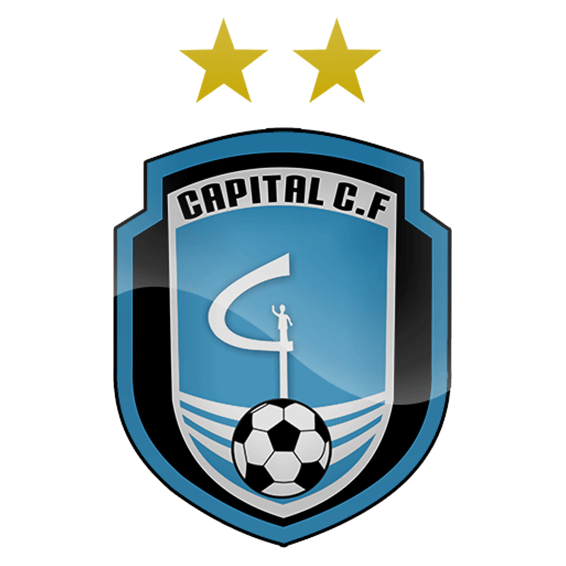
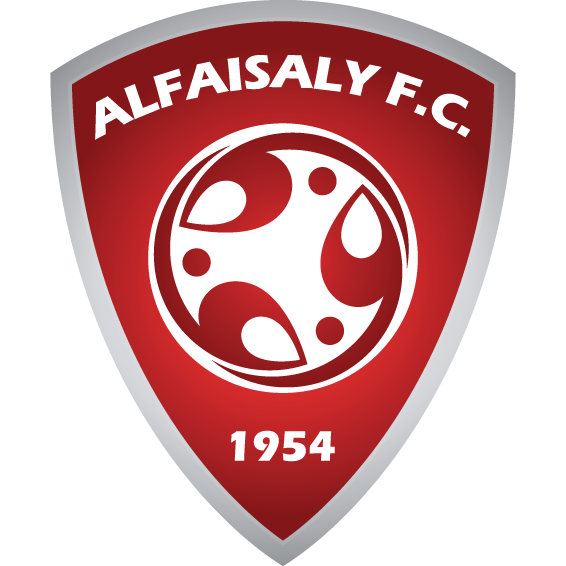

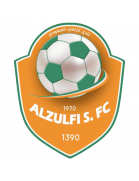
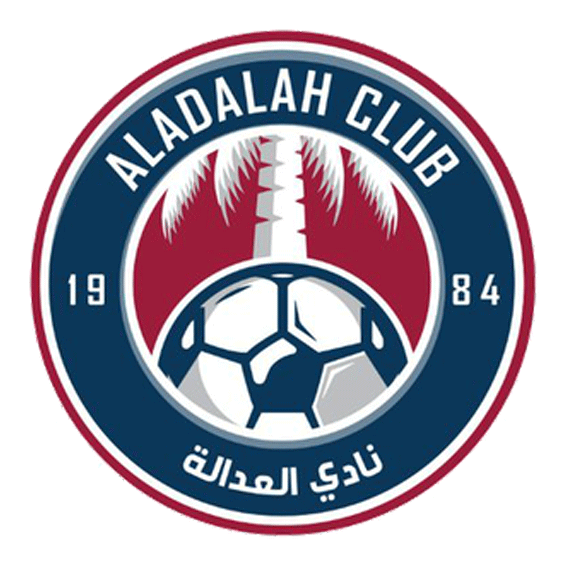

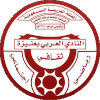
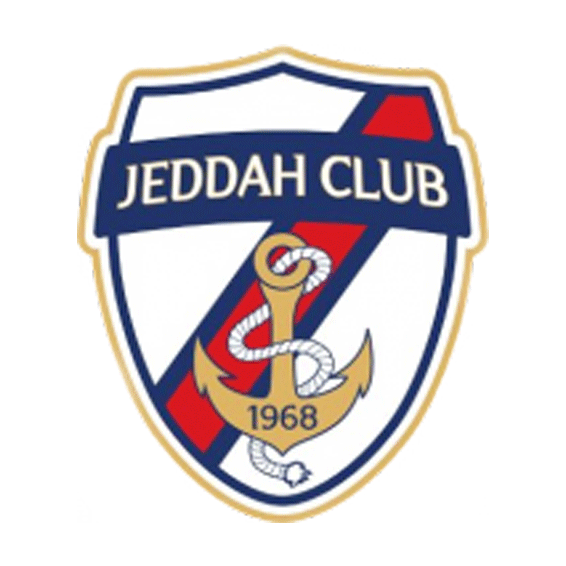
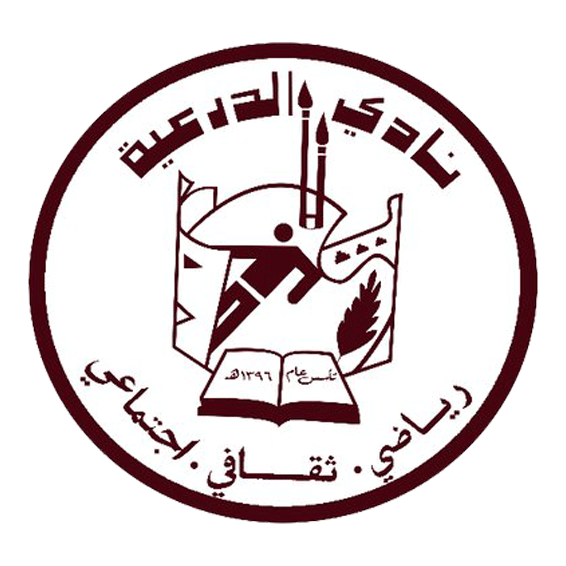
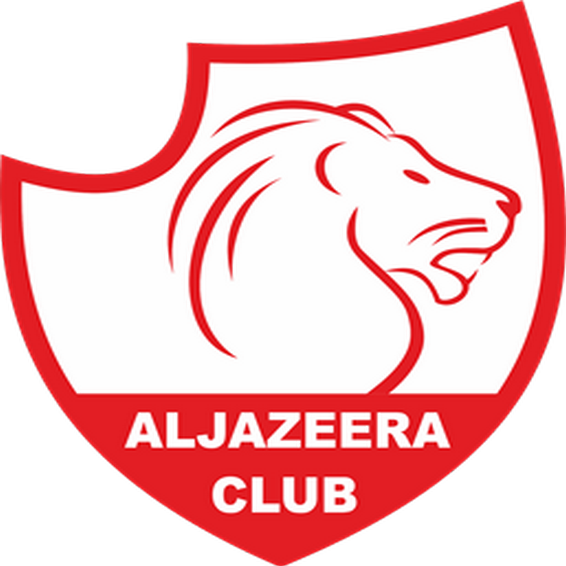
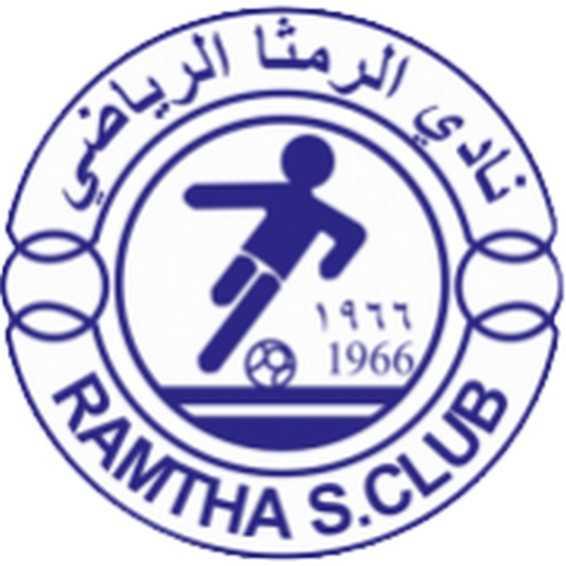

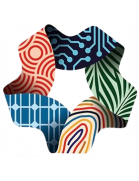
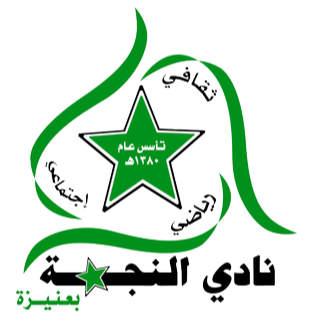

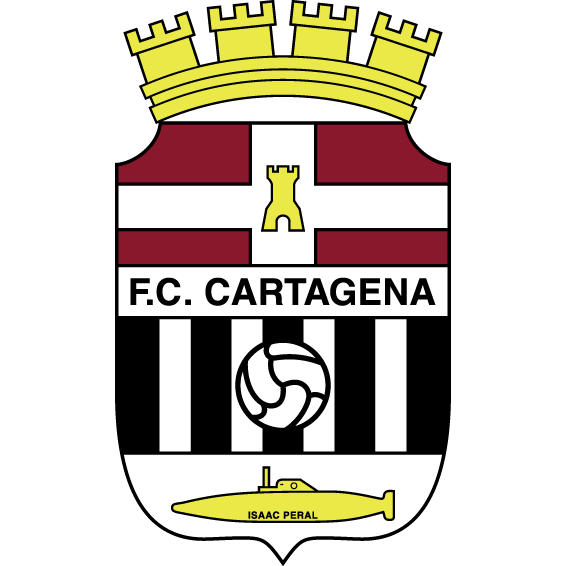
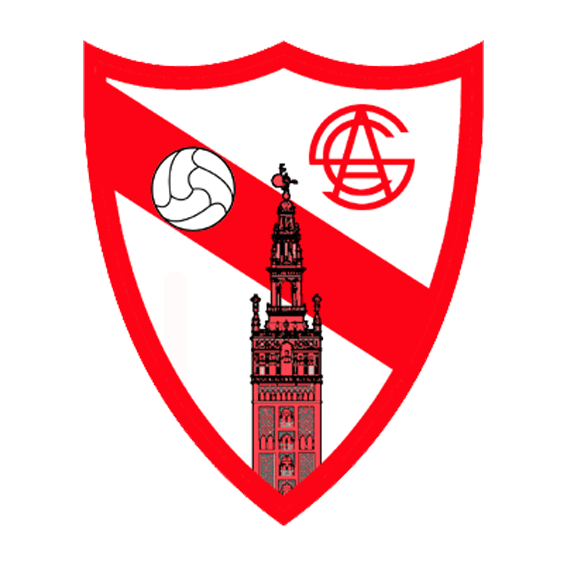
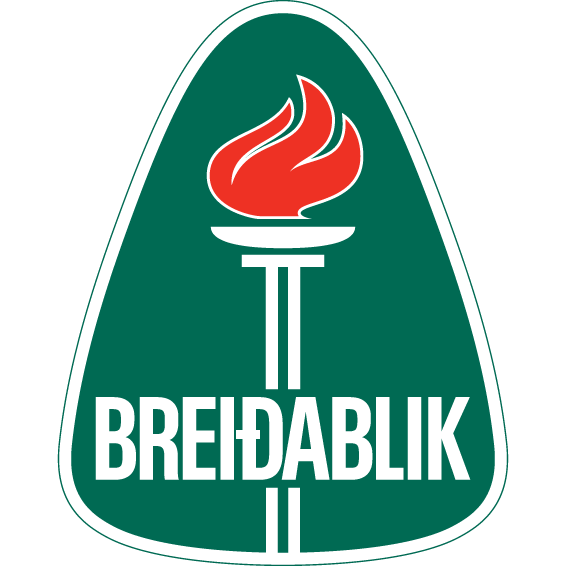
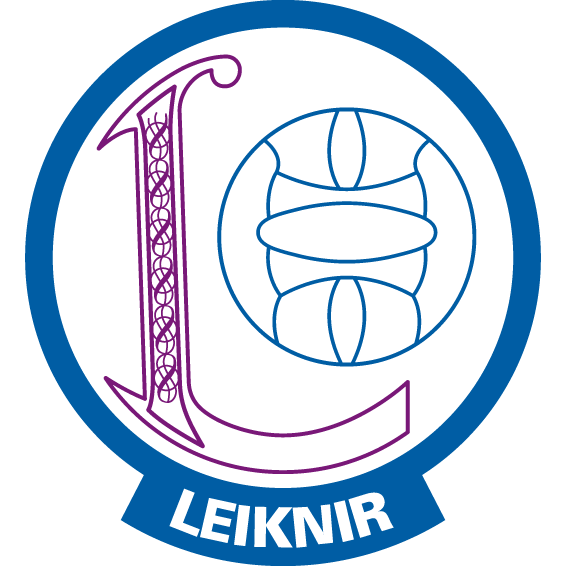























There are no comments yet. Be the first to comment!